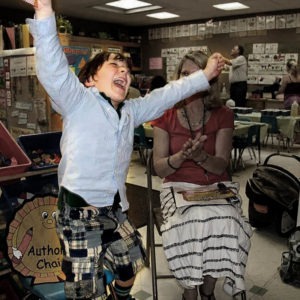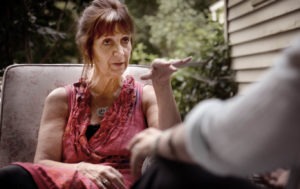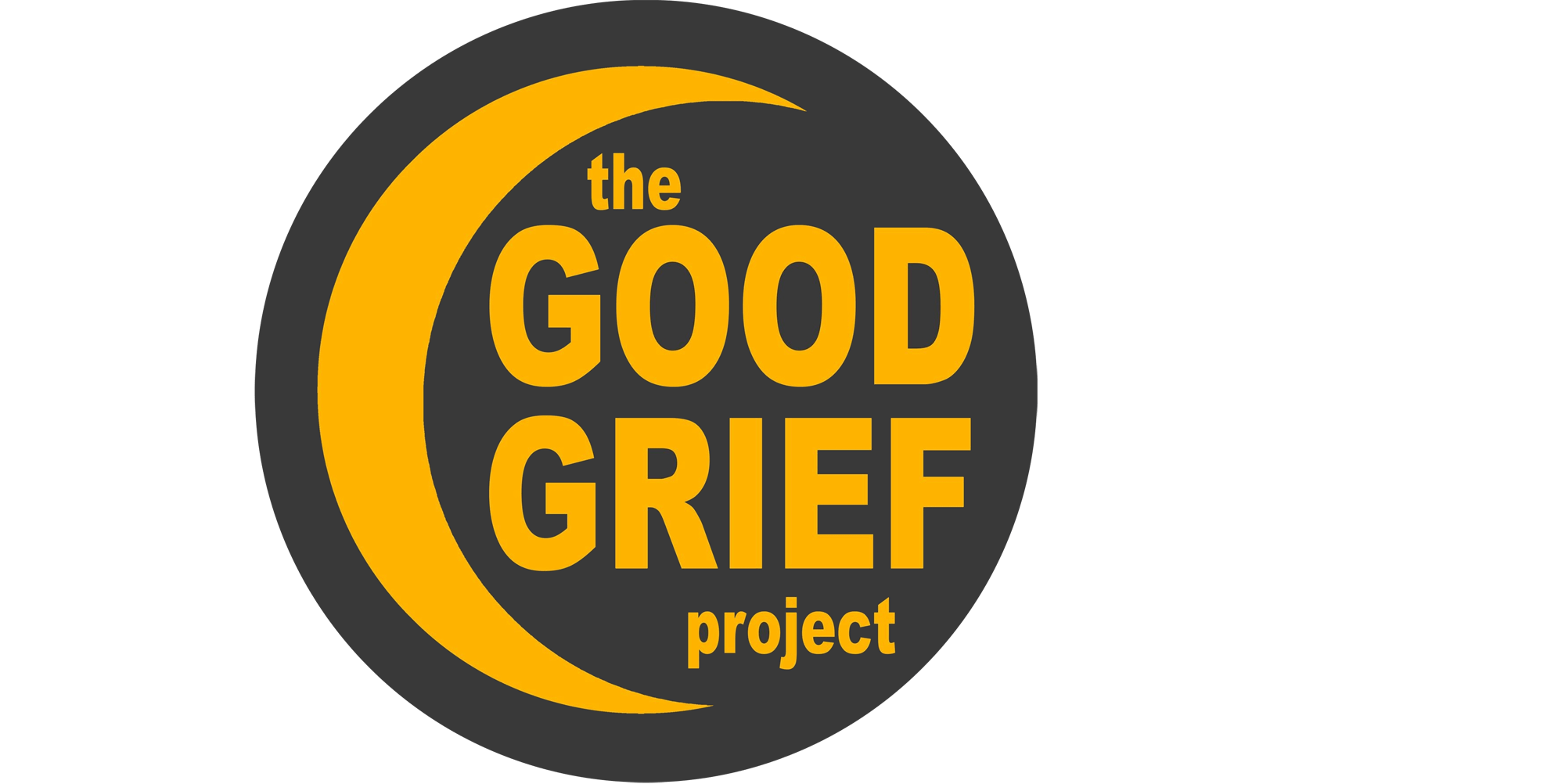Scarlett's Story: Forgiving is not forgetting
- Name: Scarlett Lewis
- Location: Sandy Hook, Connecticut
- Remembering: Jesse McCord Lewis 2006 – 2012
Scarlett’s son Jesse was six years old when we was gunned down with 20 other children and six teachers at Sandy Hook Elementary on 14th December 2012. It was one of America’s worst school shootings with traumatic affect for the whole country. But while the rest of the nation agonised on the pros and cons of gun control, Scarlett chose to commemorate her son’s murder by creating a new charity, The Jesse Lewis Choose Love Foundation.
On the days before the shooting, Jesse had left a message of the kitchen chalkboard. Spelt phonetically, it read, ‘Nurturing Healing Love’ and has since become the impetus for Scarlett’s mission – to help build on the concept of social and emotional learning and to have it accepted as a mandatory part of the school curriculum.
“…to walk through the fire…”
Scarlett Lewis
 Scarlett was the first bereaved parent that we visited in the US. She had invited us to stay with her for a few days and in that time we got to know a truly compassionate yet determined woman who had made early decisions about what the rest of her life would mean after the death of her son, a vibrant energetic boy who clearly took up more space than his small frame would warrant. ‘Jesse was a ball of light, constantly spinning – he’d go up to a group and say, “Hi my name’s Jesse Lewis what’s yours?”
Scarlett was the first bereaved parent that we visited in the US. She had invited us to stay with her for a few days and in that time we got to know a truly compassionate yet determined woman who had made early decisions about what the rest of her life would mean after the death of her son, a vibrant energetic boy who clearly took up more space than his small frame would warrant. ‘Jesse was a ball of light, constantly spinning – he’d go up to a group and say, “Hi my name’s Jesse Lewis what’s yours?”
Those early decisions were firstly to accept the pain of her grief as real, to not shy away from all the awful feelings that she experienced but to (and this was a new idea for us) to lean into the trauma, “to walk through the fire” as she describe it. “I needed to embrace what I was feeling to embrace trauma and the discomfort – when you do that you experience a tremendous amount of growth” Not to do so in Scarlett’s view, if you just wrap it up and don’t address it, would be to allow it always to come back to haunt you.
Scarlett’s second decision was to forgive – to forgive her son’s murderer. “I knew that I had to forgive in order to survive” she says “in order to go on with my life without being overshadowed and possibly destroyed physically and mentally and emotionally by anger, I had to forgive – so I did make the conscious choice to forgive.”
No easy decision of course and there are plenty in her community that would disagree with her. It could never be everyone’s choice, especially for a crime so heinous, a crime that randomly took away the life of the one you gave that life to and would consequently love forever.
But Scarlett felt like she was attached to the shooter by an umbilical cord – “all of my personal power drained out of my body through this cord into him – everywhere I went I was dragging him around – forgiveness to me was taking a big set of scissors and cutting this cord.”
And forgiveness is not forgetting – again when you think about it, not an easy idea to grab hold of – surely not to be reminded of the pain another caused you must allow some slippage of feelings in order to be able to forgive, to have empathy for the perpetrator. “Adam Lanza was a victim too” she declares.
“I know that there are questions around whether forgiving is condoning what somebody did. I will never condone what Adam Lanza did to my son and the others. Then there’s this feeling that you just forgive and if you’ve really forgiven then that’s it and you don’t have these reoccurring feeling of anger but what I learned is that forgiving is not forgetting – you will remember your whole live and sometimes it behoves you to remember – it’s got nothing to do with condoning. Forgiveness is a process. It doesn’t mean that I don’t wake up in the morning and think about the terror that Jesse and the others felt in their last moments. It doesn’t mean that when I hear little details that emerge and then get very angry – but then I need to take a deep breathe and I need to forgive again.”

The corollary to this is that message on the chalk board and Scarlett’s on going work, (“everything I do now is through the veil of my grief”) and the charity she has founded to promote social and emotional learning. This is not just about choosing love but educating our young people about how our emotions affect us and others. Had lessons in social and emotional learning been available for Adam Lanza, the shooter at Sandy Hook, Scarlett suggests that maybe Jesse and all the other children would still be alive today.
It.s still early days for Scarlett. “It’s probably going to be a lifelong process of being uncomfortable but understanding that’s part of the journey – it’s like a pilgrimage that bereaved parents are on and it’s a journey of self discovery and growth.”
“Adam Lanza was a victim too”

